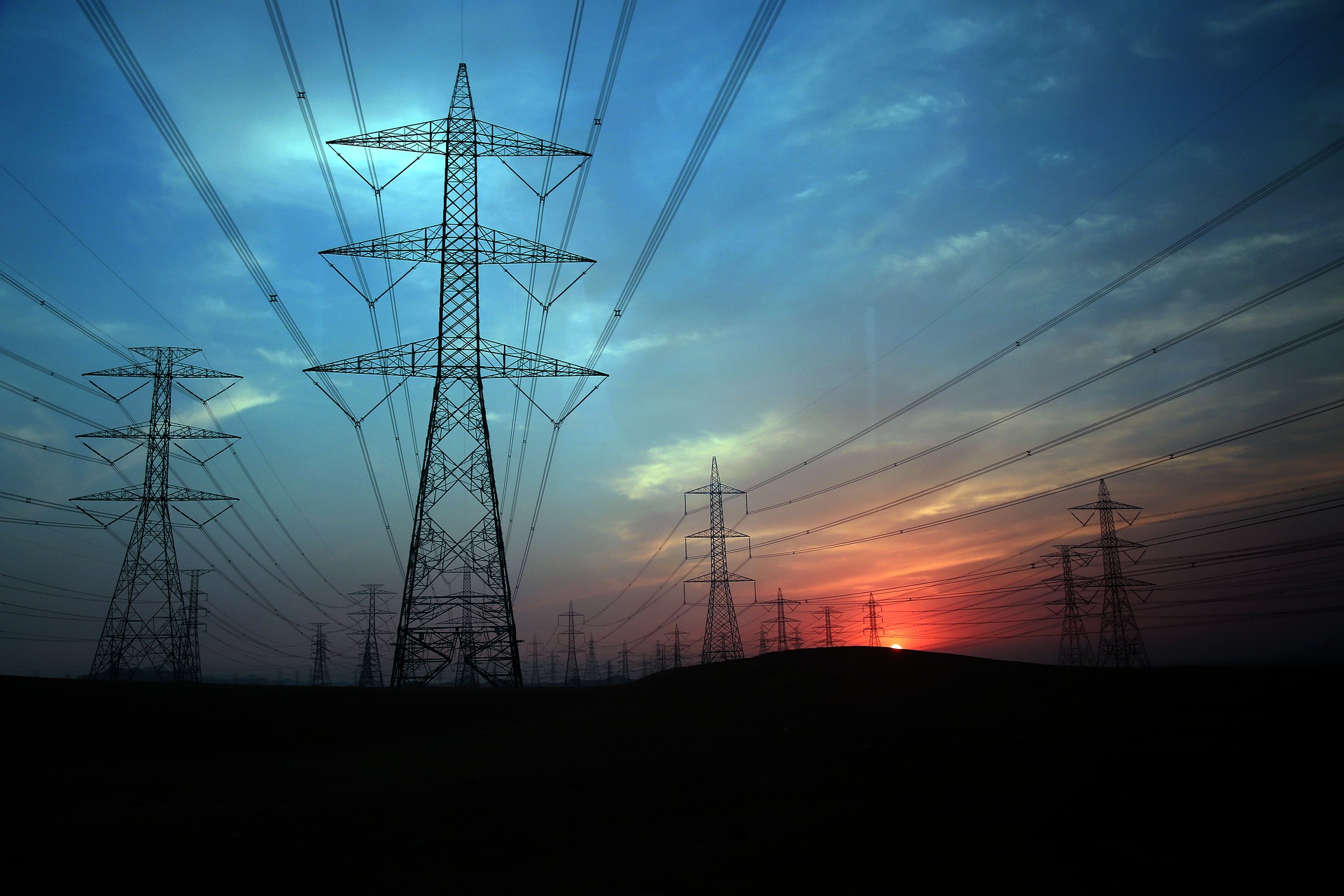
Energy Policy Ideas for the next European Commission

In
- Egmont’s Belgian Presidency Programme,
- Energy and climate,
- EU economic affairs,
- EU institutional affairs,
- EUI-Egmont Workshop Series,
- European Affairs,
- Internal EU policies,
The next European Commission faces the crucial task of navigating a sustainable and secure energy future. The need for affordable, secure, and sustainable energy sources is more pressing than ever.
*****
Energy policy ideas for the next European Commission
The next European Commission faces the crucial task of navigating a sustainable and secure energy future. The need for affordable, secure, and sustainable energy sources is more pressing than ever.
In this article, we delve into the insights and recommendations put forth by experts of the Florence School of Regulation in their latest policy brief. The brief was discussed at an event co-organized by Egmont Institute and the European University Institute in the framework of the incoming Belgian Presidency of the European Council.
A critical examination of the National Energy and Climate Plans reveals a concerning gap between individual Member State commitments and the collective vision for a greener future. This gap extends to the EU targets for clean tech manufacturing and critical raw materials, posing challenges to the region’s energy transition. In what follows, we introduce four high level objectives for the next European Commission with ideas on how they can be achieved.
First objective: Make Member States more accountable to live up to their national investment potential for energy efficiency and renewable energy.
- An EU Energy and Climate Plan with investment progress tracking and recommendations for Member States. It can help counter the fragmented reporting we currently have, and the recommendations can also promote cross-border cooperation.
- Existing EU funding for Member States, such as the EU Regional Development Fund, the EU Cohesion Fund, or the NextGenerationEU instrument, could be (partly) redirected towards renewable energy and energy efficiency investment.
- A dedicated EU fund could be set up to directly finance projects in Member States that have an abundance of renewable energy resources, but lack the public budgets to support the investments. Member States that have the economic strength, but do not have the renewable energy resources, or do not live up to their investment potential at the national level, could be expected to contribute to the fund.
Second objective: Promote multilateral cooperation (and solidarity) among Member States for network infrastructure, resource adequacy and flexibility.
- Modernization and Europeanization of capacity mechanisms.
- Upgraded European Resource Adequacy Assessment (ERAA) beyond adequacy and electricity.
- A top-down EU Network Vision and new instruments for network cost allocation.
Third objective: Strengthen the management of our global dependencies (beyond the Net Zero Industry Act and the Critical Raw Materials Act)
- Need for specialized agencies that are competent to help manage these security risks.
- Next Multiannual Financial Framework in 2028: Do we want this to be our apollo program?
- Compulsory origin labelling or marking could engage customers to be part of the solution.
Fourth objective: Reinforce the EU institutional setup
- More organized capacity building for national administrations via DG Reform.
- Stronger energy system analysis competences and resources for ACER to improve the technology neutrality of the Ten-Year Network Development Plan and ERAA.
- Reinforced ACER and creation of EU Energy Networks Entity for system planning; and new instruments for network cost allocation.
- EU Energy Agency responsible for the EU Energy and Climate Plan with investment progress tracking and recommendations for Member States. To avoid the creation of a new agency, this set of tasks could also be assigned to an existing agency, which could be ACER.
The upcoming European Commission must prioritize addressing energy security. Enhancing resilience to shocks requires the integration of energy markets and infrastructure across borders, though this also heightens interdependencies. Consequently, it is crucial to prevent Member States from exploiting shared energy security, whether voluntarily or involuntarily, to the detriment of others. While the EU has successfully set ambitious targets and refined regulatory instruments, additional measures are necessary to fully realize these aspirations.
Leonardo Meeus is Director of Florence School of Regulation & Loyola de Palacio Chair at the Robert Schuman Centre, European University Institute.
(Photo credit: Ashraf Chemban, Pixabay)